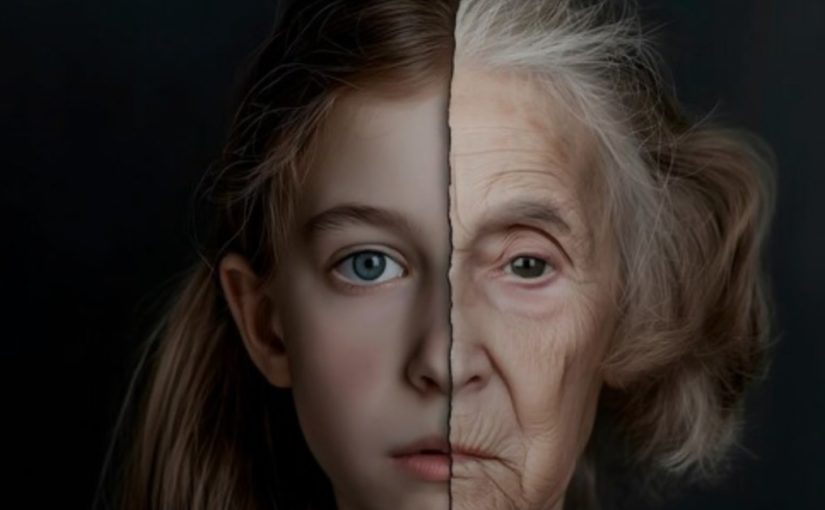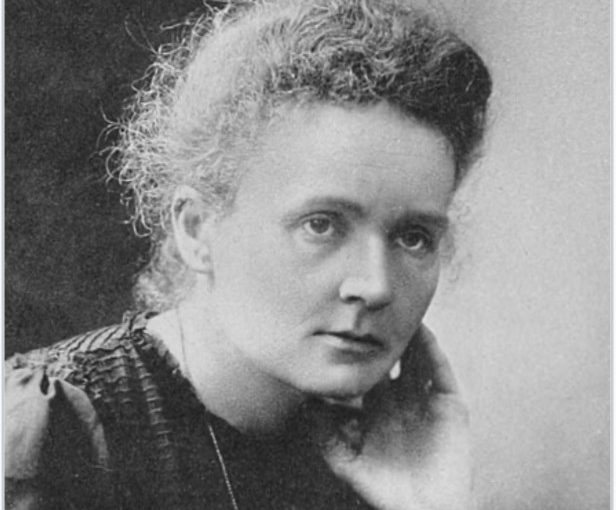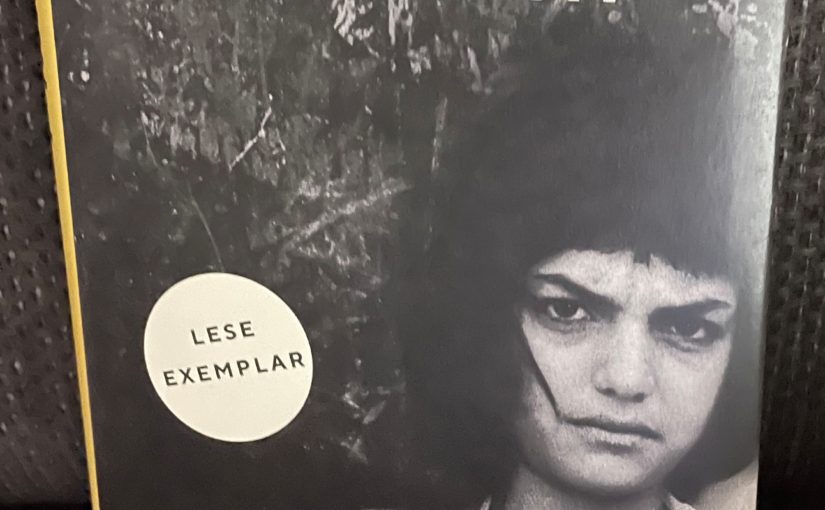Die Idee der Geschichte finde ich wirklich fantastisch und gefiel mir auf Anhieb sehr gut. Allerdings war das Buch so sachlich geschrieben, wie ein Bericht, dass ich immer wieder daran verzweifelte. Die Charaktere, die im Buch vorkommen sind, vielschichtig und bunt. Diversity kann man hier wirklich erleben, auch die Beschreibungen verschiedener Kurse, die zum Teil grotesk wirken, brachte mich an der ein oder anderen Stelle zum Lächeln. Ich empfand die Überzeichnung der jetzigen Zeit interessant, vor allem in Bezug auf Ruri. Sie wirkt erst sehr sozial und interessiert gerade für Randgruppen, doch je mehr man in das Buch einsteigt erlebt man sie als sehr Ego getrieben. Ihren Egoismus verbirgt sie unter dem Mantel der sozialen Handlung und Haltung. Dabei verliert sie alle anderen, wie ihren Sohn, aus den Augen. Während Lukas versucht, ihr zu verdeutlichen was sie tut und was sie übersieht. Doch Ruri ist so in sich gefangen, dass sie das nicht wahrnehmen will.
Lukas ist trotz seiner unglücklichen und zum Teil gewalttätigen Kindheit derjenige der mehr soziale Verantwortung zeigt als Ruri, die aus einer auf den ersten Blick normaleren Familie kommt. Sieht man allerdings genauer hin, ist dies nur der Schein, da ihre Eltern sich weniger um die beiden Mädchen kümmerten, als sich selbst auszuleben. Vielleicht liegt daran ihr Handeln hinter der Fassade der sozial engagierten Frau.
Die Geschichte hat mich nervös und ein wenig irritiert zurückgelassen. Der Erzählstil ist so sachlich, dass es mich störte, da es wirklich sehr emotionale Fassetten hat, auf die nicht weiter eingegangen werden. So das Schicksal der Mutter von Lukas sehr neutral beschrieben. Er scheint es einfach zu akzeptieren.









